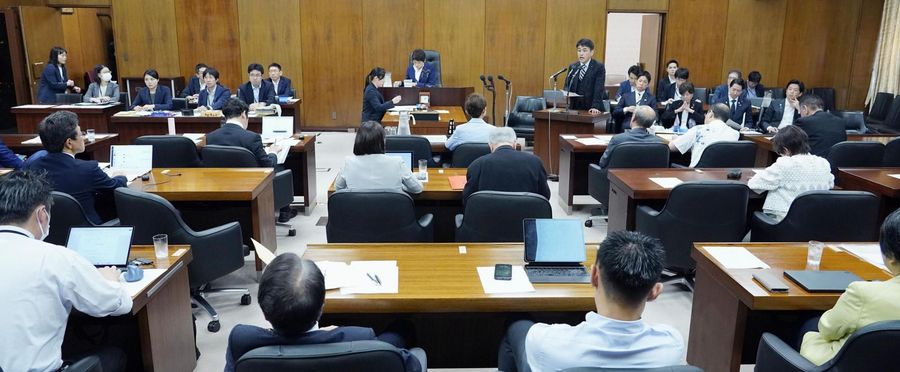The possibility of legally allowing married couples in Japan to maintain separate surnames seems grim in the current scenario. Traditionally, married couples in Japan are mandated to share the same surname, typically of the man, which has sparked debates surrounding gender equality and individual rights. Despite the growing momentum among a section of the society for changing this archaic law, it appears that such a significant legal reform is unlikely to happen anytime soon given the prevailing sociopolitical conditions.
In Japan, the issue of married couples adopting different surnames touches upon cultural, legal, and societal aspects. Majorly, the debate centres around tradition vs modernity, and women's rights. Traditionalists argue for preserving the concept of family unity symbolised through the same surname. However, the modern, progressive section opines this as an infringement of women's rights, seeing it as a sign of gender inequality.
The situation is contrasted with the practice in the US or EU where no such legal mandate exists, and married couples can choose to keep their original surnames. This difference highlights the cultural and legal disparities concerning individual rights and gender equality in these regions.

